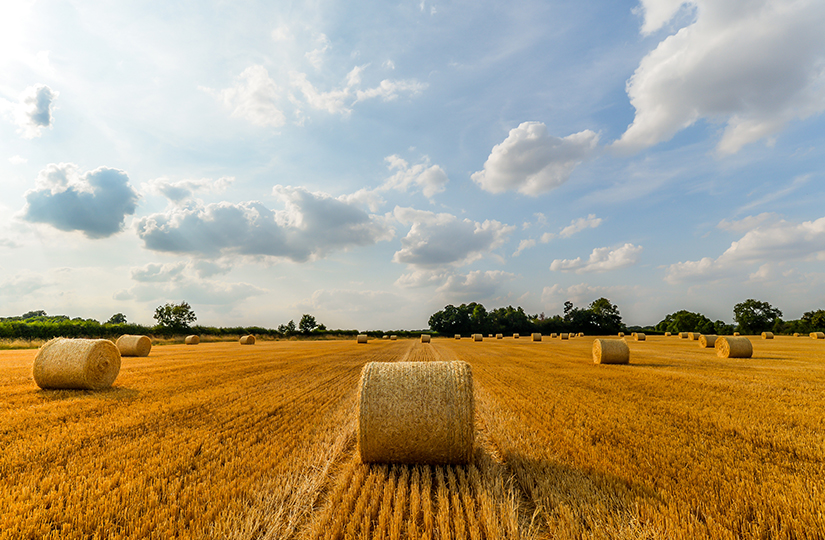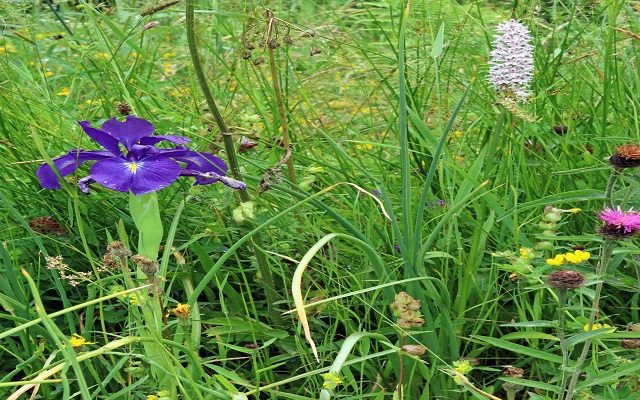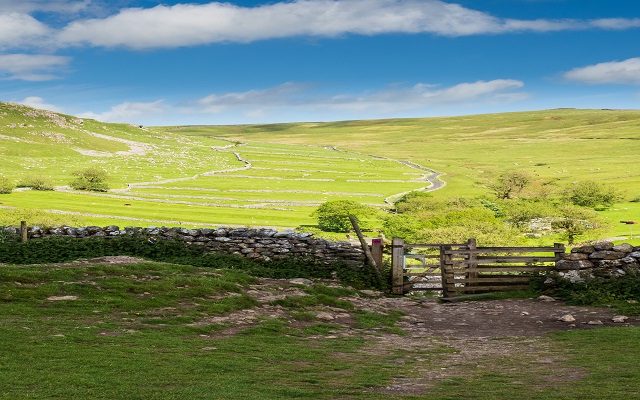Land Business Update | Week Commencing 8th August
Welcome to our update on key land management, farming, planning and energy issues.
FARMING
Farmer demand for carbon audits has doubled in a year
Almost 500 Scottish farmers have applied to carry out carbon audits in 2022 so far, which is about the same number as for the whole of 2021 and compares with 100 in 2018. The audits are delivered through the National Test Programme, and one-to-one advice is available through the Farm Advisory Service. Mary Munro, our Head of Farming in Scotland, and her team carry out these audits, and also soil analysis, and she describes it as a win-win for farmers and for the environment.
Clarification of tax treatment for Lump Sum Exit Scheme in England
HMRC has stated that payments received under the Scheme will be treated as capital receipts and so be chargeable to Capital Gains Tax, rather than income tax; for companies, it will be chargeable to Corporation Tax. The Scheme, which provides a ‘lump sum’ of expected future Basic Payments, aims to help farmers retire or exit farming. We are advising a number of farmers on the Scheme. Please contact Jonty Armitage, our Head of Farming, if you would like to discuss it or any other business restructuring.
Government plans to reduce nutrient pollution in England
The government has announced two proposals to reduce nitrate and phosphorous pollution:
- A new legal duty on water companies in England to upgrade wastewater treatment works by 2030 in ‘nutrient neutrality’ areas to the highest achievable technological levels.
- A new Nutrient Mitigation Scheme. Under the Scheme, new wetlands and woodlands will be created, by anyone including private land managers, to generate ‘nutrient credits’ for developers who are required to mitigate or offset potential nutrient pollution to water in ‘nutrient neutrality’ areas. The Scheme will start in the autumn and be delivered by Natural England. One of its aims is to quickly generate nutrient credits for developers to buy so that building is not held up; developers will still be able to create or buy credits outside the Scheme, as is done at present.
Help test Defra’s new farm animal Annual Health and Welfare Review
The Animal Health and Welfare Pathway is one of the new schemes that Defra is introducing as part of the English Agricultural Transition Plan. It supports improvements in farm animal health and welfare. Part of it is an Annual Health and Welfare Review, which is a free visit by a vet who will offer advice on health, animal welfare and farm biosecurity. Defra wants to test how farmers – and vets – will access and use the service. Anyone helping with the test will be paid between £400-700. If you are interested, more details are here.
ENVIRONMENT
Nature based solutions on a landscape scale
Natural England is funding a small number of projects to test approaches for creating and restoring species rich habitats, such as peatlands, forests, hedgerows and grasslands to help realise the potential of nature-based solutions to tackle climate change. The projects will be joint endeavours with Natural England and others, and they are looking for established partnerships involved in landscape-scale project areas. Details are here and applications must be made by 29th August.
FORESTRY
Woodland owners: Watch out for Ips beetle
Ips typographus, the larger eight-toothed European spruce beetle, is already a serious pest in spruce in Europe and was first found in the UK in 2018 in Kent. Woodland owners are being advised to inspect Norway Spruce trees for any signs of stress, weakness or dead trees and, if they suspect that the beetle is present, to report it through the Tree Alert form. If Ips is present – or likely to be present in the future – then it is recommended that harvesting plans are modified. The Forestry Commission and Defra have extended ‘Ips demarcated areas’ to a large part of south east England. Within the areas, special conditions apply on the felling of susceptible material, the killing of trees and the movement of all spruce material with bark. If you would like to know more about how best to manage woodland against the threat of the Ips beetle contact Hugh Williams.
PROPERTY AND RURAL ECONOMY
Farmland values continue to rise but demand is significantly outstripping supply
Farms and estates are being snapped up by buyers more quickly than for several years as demand continues to outstrip supply. Tight supply and strong demand have pushed the average value of arable land in England up by 2% to £9,600/acre – the highest it has been since 2015. The average value of pasture land has also risen by 6% to £7,900/acre. Competitive bidding and best-and-final offers are becoming common for top-quality properties in desirable locations. Supply is growing, with 43,400 acres publicly marketed in the first half of 2022, which is 12% more than in 2021 and 11% up on the five-year average. However, most of this rise can be attributed to a small number of significant sales in the Eastern counties, rather than a rise in the number of farms being marketed. Please read our English Estates & Farmland Market Review for more detail or contact Matthew Sudlow, our Head of Estates and Farm Agency.
Increasing amount of Best and Most Versatile land lost to development
The amount of Best and Most Versatile (BMV) agricultural land allocated for housing and industry has increased by 100 fold between 2010 and 2022; it has risen from 60 hectares to more than 6,000 hectares per year and 14,500 hectares in total have been lost. CPRE, which carried out the research, warns that this is precisely the type of land that needs to be protected due to concerns about food security and climate change, as a lot of BMV land is at the highest risk of flooding. It estimates that the 14,500 hectares had the potential to grow 250,000 tonnes of vegetables a year, which could have fed around two million people. The charity has called for a comprehensive, cross-departmental land use strategy that balances the competing and often conflicting demands for farming, housing, energy and the environment on land. It also wants a firm presumption against development on BMV land.
Scotland to ban fossil fuel heating systems in new houses and commercial property from 2024
The Scottish Government is consulting on a New Build Heat Standard, which includes the proposal that all new homes and commercial properties, including conversions, are fitted with zero direct emissions heating systems and not fossil fuel or biomass powered boilers from 1st April 2024. The Standard will be implemented through buildings regulations.
Home energy MOT and briefing on energy efficiency in old houses
The government has launched a new website which it says provides homeowners with a home energy MOT. By entering some information about the type of house, when it was built, insulation and heating systems, it produces recommendations on home improvements that could make the property cheaper to keep warm. It also links to advice on installing low carbon heating technologies, such as heat pumps, and how to access government grants. Separately, a new (short) research briefing from the House of Commons library includes some useful sections on energy efficiency, challenges with renovation and retrofitting, and renewable energy. It contains also includes links to further reading.






